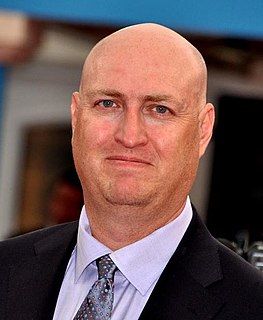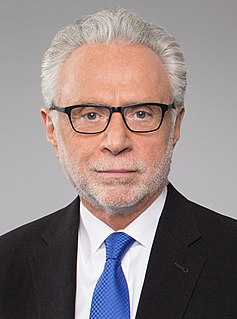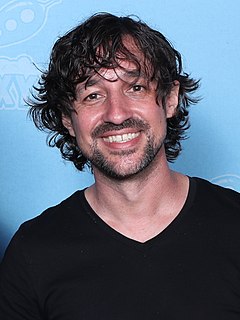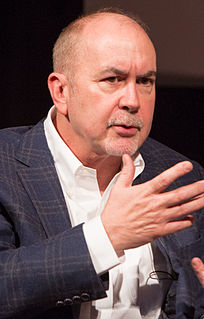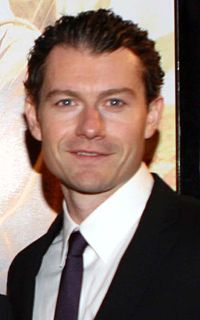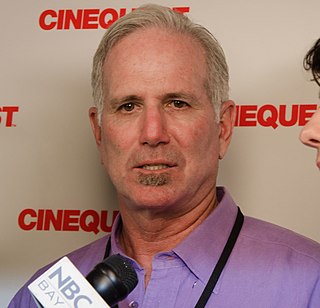A Quote by Mark Wahlberg
Every time I do a movie, I'm reading the script, or if it's something I have coming up, I'm reading the script, and I just spend hours and hours and days and weeks and months going over the script and just writing a lot of different ideas down, finding a little dialogue or just coming up with ideas for scenes and moments and all that kind of stuff.
Related Quotes
I always think it's better to take your time and go through a lot of ideas - and dismiss a lot of ideas - before figuring out where to land. It's a good way to care for your audience, too. If you spend hours and hours and days and weeks coming up with the ending, then there's a chance the fans won't figure it out on their own.
An eye-opening moment in my life, a very defining moment, was the first time I met Susan Sarandon [before shooting Thelma & Louise]. We were going to meet, just Ridley [Scott] and Susan and I, to go through the script and see if we had any thoughts or ideas. I was reading the script, and in the most girly way possible, meaning that if it was a line that could change or something different I'd like to see, I would think about each one and say, "Well, this one can wait till the set because I don't want to bring up too many things."
Whenever I'm doing any film, there's always three different things. There's the script, which is really just a blueprint. And then, you shoot the movie and it's an entirely different experience than you would expect from reading the script. And then, there's the whole post process and the editing, and it becomes something else entirely.
As we were negotiating, I didn't have a script. Once the deal is closed, they let you read the script. So, I got the script and was reading it like, "Oh, please be good!," because I'd already signed on the dotted line. And I read it and just went, "Okay, I'm going to be okay. Thank god!" It was a really funny, moving story.
Any good movie or script usually, if they're doing their job, gives the highest platform possible for an actor to leap off of, and that script was very high up there. It was a very smart, tight script. There was a lot of improv, as well, once we got to the set, but a lot of the original script was also in there.
I was really unfit last year, so I worked out for a long time, then spent time by myself in Oregon. For about two months the only person I saw was my trainer. Every day I did a lot of running and I just didn’t want to talk to anyone for two months. So when I started talking again, it was like you would communicate wrongly, like you wouldn’t really remember how to speak. That was one of the key things as well as just reading the book, reading the script a million times, just figuring things out.
The way you write dialogue is the same whether you're writing for movies or TV or games. We use movie scriptwriting software to write the screenplays for our games, but naturally we have things in the script that you would never have in a movie script -- different branches and optional dialogue, for example. But still, when it comes to storytelling and dialogue, they are very much the same.
Some actors might just do one thing, and another actor does another thing. I do an awful lot of preparation with the script, really. What I do is repeat the script, over and over and over again. Through that, it's almost like it seeps into my enamel. I'm reading all the characters, as well as my own. That is where the bulk of my preparation goes into.

